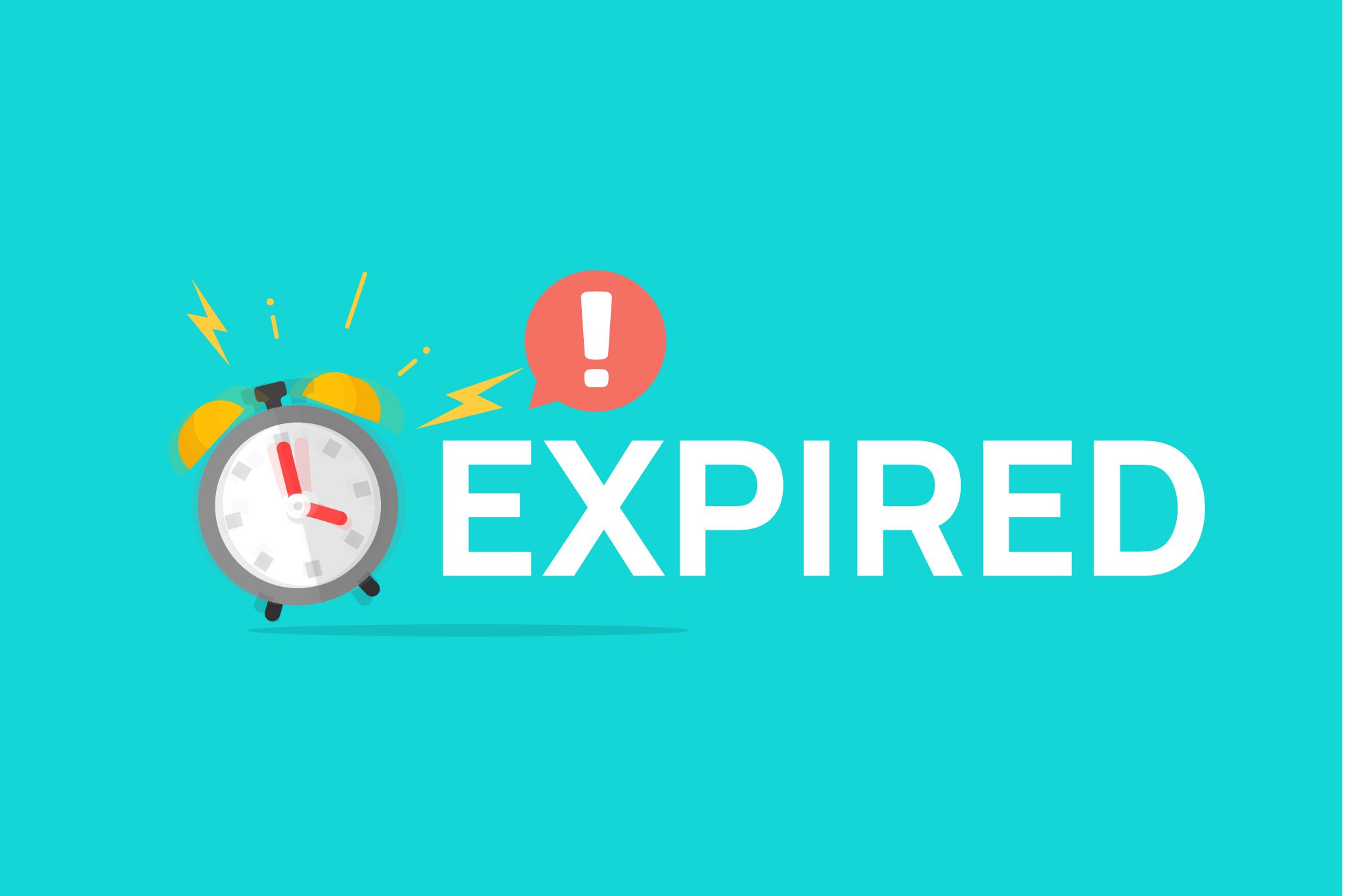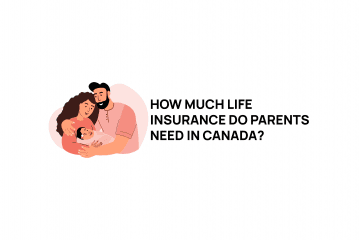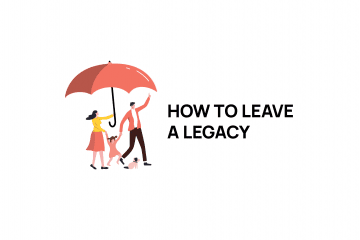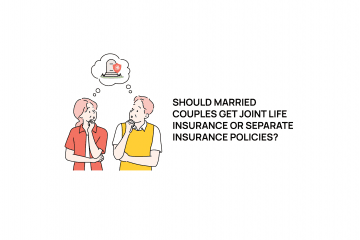What Happens to a Term Life Insurance Policy When it Expires?
The most common and affordable type of life insurance available in Canada is term life insurance. Term life insurance is typically used to cover outstanding debts (e.g. mortgage, student loans, car loans, etc.) as well as provide income for families in the event of a premature death so that the surviving family members can maintain their standard of living.
When you are considering purchasing a term life insurance policy you are given different options for the length of the term. You have the option of selecting a 10 year term, 15 year term, 20 year term, 25 year term, 30 year term, etc. Some companies even offer the ability for the consumer to choose the exact year. For example, RBC Life Insurance Company and Industrial Alliance will allow you to choose a specific term length (e.g. 13 year term) to tailor your life insurance to your specific needs.
The length of the term life insurance policy determines how long the premiums (cost of the policy) and death benefit amount are fixed for. For example, a $1,000,000 20 year term life insurance policy will have a fixed cost and fixed death benefit amount ($1,000,000) for the entire 20 years. This is beneficial for consumers because they can determine how long they need life insurance for and match their term length with their need for insurance.
Side note- the longer the length of the term policy the higher the premium (cost) of the policy will be. A 15 year term costs more than a 10 year term, a 20 year term costs more than a 15 year term, etc.
A question that comes up quite often is what happens to a term life insurance policy at the end of the term?
Let’s use an example of a young family who purchased a 10 year term life insurance policy nine years ago. They have one year until their policy expires…. Right? Wrong.
At the end of your term life insurance policy, most life insurance companies will allow you to “renew” your term life insurance policy for another term without having to do a medical exam or complete any health questions. The issue that you will run into is that the cost of the policy for the new term is usually very high compared to your initial term life insurance policy. You can see the premium increase 3-5x as much as your original payment.
As a result of the high increase in cost, clients will typically either re-apply for a new life insurance policy and go through the entire application process again to get a lower insurance rate (includes doing your health questions and medical again)
As a result of the high increase in the cost of the policy at renewal time, clients will typically do one of the following,
- If they are in good health, they will submit a new application and complete the health questions/medical exam to try to get lower rates than the renewal price.
- If they cannot qualify for a new policy because of health, they will renew their policy and pay the renewal price to maintain their coverage because they cannot get approved for a new policy.
- Convert their term life insurance policy to a permanent life insurance policy as this is an option offered by most insurance companies
We highly recommend that you to contact us to speak with one of our licensed brokers to ensure that you are understanding the options that are available to you. Everyone is in a unique situation and it is very rare that one size fits all.
Please reach out to us by email or toll free at 1-877-344-4011 to discuss your options.




